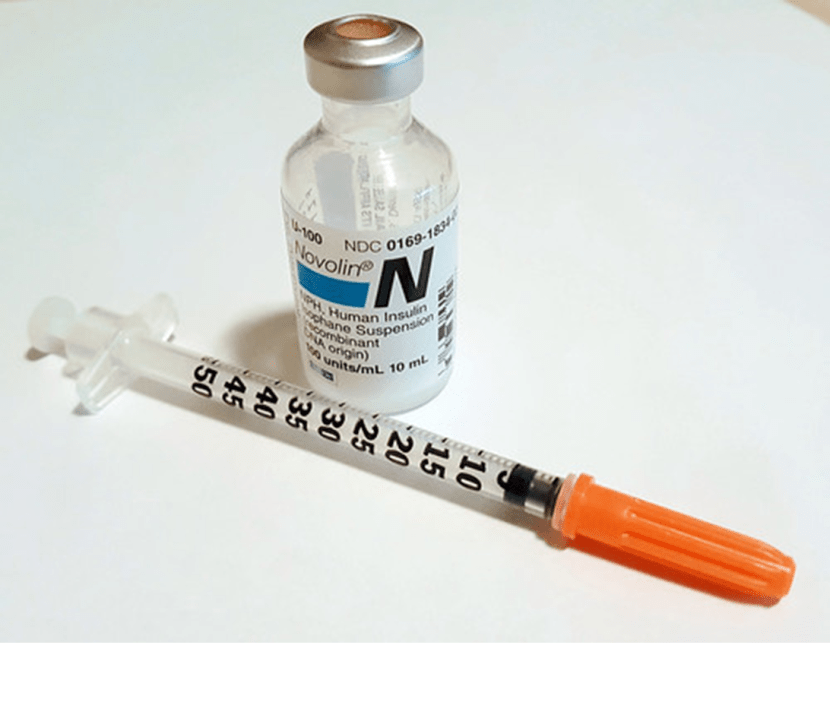Having Diabetes can feel overwhelming at times, whether you’ve been newly diagnosed or if you’ve been living with it for a long time. It requires that you become accustomed to lifestyle changes and all there is to learn to be able to care for yourself and manage your blood sugar well. If you use insulin, you are likely taught how to use it properly. What you may not know is that how you store your insulin can be just as important as administering it the correct way.
Insulin is a hormone which lowers blood sugar. It is injected to replace the deficiency of insulin that is characteristic of diabetes. Insulin does a powerful job, but it is very sensitive, especially to temperature. Extremes of hot and cold can affect its potency or ability to effectively lower your blood sugar levels as it’s meant to. There are some basic insulin storage guidelines to follow to ensure your insulin remains effective:
- At home, insulin should be kept in the refrigerator at temperatures between 36°-46° F
- Do not freeze insulin. Freezing can decrease its potency, and can also cause cracks to form in the vials or cartridges which can allow bacteria to enter.
- Insulin can be taken out of the refrigerator and kept at room temperature (59° – 86°F) for 28 days before discarding.
- Insulin used in insulin pumps should be discarded after 48 hours, and should not be used if exposed to temperatures above 98.6°
- Keep insulin out of direct sunlight.
- Do not store insulin in a car.
There are products available to help keep your insulin at the desired temperature:
https://medicool.om/products/safe-med-sensor
If you travel with insulin or take it out with you for the day, protect it from high temperatures by storing it in a cooler bag with ice packs. Do not keep the insulin directly on the ice packs to avoid freezing. Keep the ice packs and insulin in separate compartments of the cooler bag. If the bag does not have compartments, keep them separated with a hand towel on top of the ice pack and the insulin on top of the hand towel. When flying, do not leave your insulin with your checked luggage as it will freeze in the baggage area. Carry it on with you in an insulated bag as above. You should have a letter from your doctor and your prescription on hand as well.
https://www.amazon.com/ALLCAMP-Insulation-Diabetic-Organize-Medication/dp/B07CVDV3T1
To donate unopened, unexpired insulin, contact Insulin for Life USA: https://iflusa.org
References:
www.diabetes.org/sites/default/files/2019-08/ddrc-storing-insulin-2018.pdf
https://www.ncbi.nlm.nih.gov/pmc/articles/PMC7783014
All Blogs are written by Professionals in the fields of Nutrition, Human Development and Diabetes.
